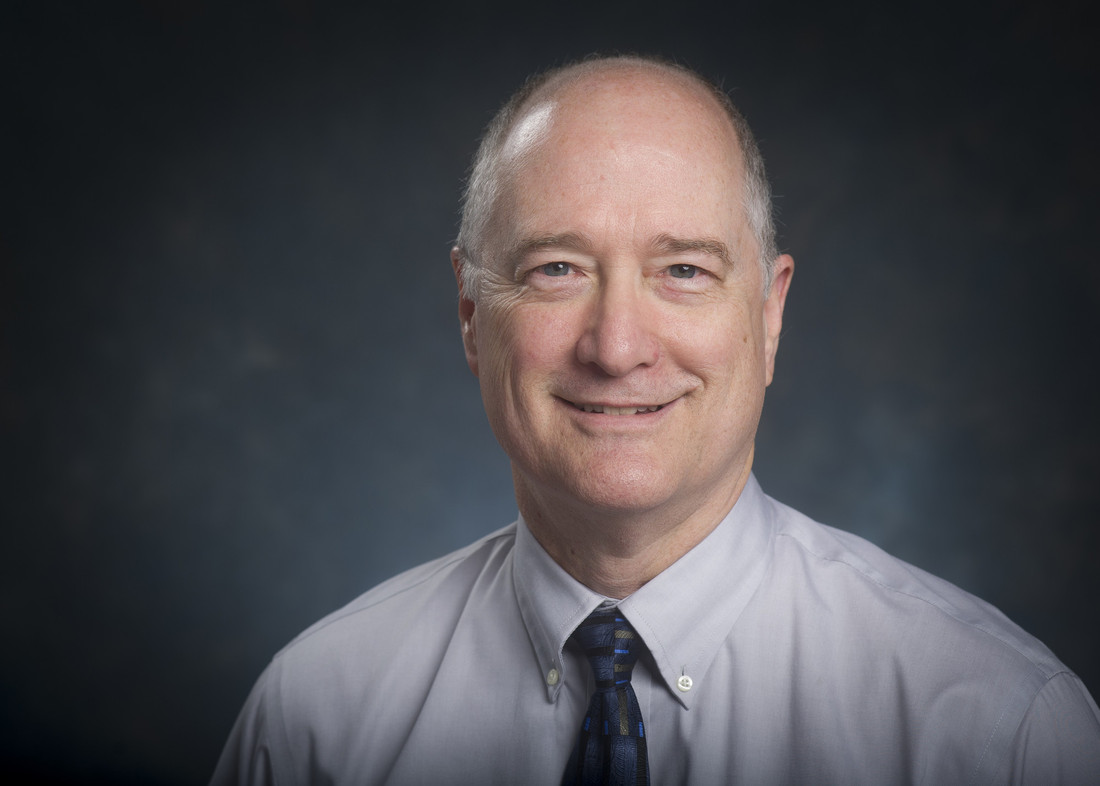

Paul Sanders, M.D., FACP, FAHA, Thomas E. Andreoli, M.D., Endowed Chair in the Division of Nephrology, is the latest winner of the School of Medicine’s Featured Discovery. This initiative celebrates important research from the School of Medicine faculty members.
Recently, his study “Immunoglobulin light chains generate pro-inflammatory and profibrotic kidney injury,” was published in the Journal of Clinical Investigation. Sanders and his team discovered that a class of proteins, immunoglobulin free light chains, are capable of generating hydrogen peroxide in levels sufficient enough to serve as signaling molecules that can profoundly change kidney cell function. This study offers new insight into the pathogenesis of progressive kidney failure that develops in the setting of multiple myeloma.
This knowledge, published in the Journal of Clinical Investigation, is crucial to understanding and developing new kidney failure treatments and therapies in the presence of multiple myeloma. Read more from UAB News here.
The School of Medicine communications staff sat down with Dr. Sanders to gain insights about his research, UAB, and the science community.
Q: What compelled you to pursue this research?
At the time I started this line of research, the treatment and therapy options for patients with kidney damage from multiple myeloma were very limited. I was excited when I was given the opportunity to pursue nephrology studies at this level of translational potential.
Q: What was your most unexpected finding?
It was surprising to see that the class of proteins I study, immunoglobulin free light chains, are capable of generating hydrogen peroxide in levels sufficient enough to serve as signaling molecules that can profoundly change kidney cell function. For example, intracellular redox-sensitive signaling pathways in the proximal tubule can be activated. This information offers new insight into the pathogenesis of progressive kidney failure that develops in the setting of multiple myeloma, which features increased circulating levels of monoclonal immunoglobulin fragments that require metabolism by the kidney.
Q: How do you feel your research will impact the science community?
Our findings are a major step forward for both kidney research and multiple myeloma research. I believe the latest research knowledge opens new avenues for the study of specific drugs that may improve kidney function in multiple myeloma.
Q: When did you know you had an important discovery?
We used several in vivo and in vitro experiments that converged on the same conclusion. As we recognized this, we felt assured this was an important discovery because the outcomes were parallel between the experiments.
Q: What do you find makes the science community at UAB unique?
Since my internship and residency at UAB in the early ‘80s, I have truly enjoyed working and researching here. The quality of scientists and, in my opinion, the “open door” policy that seems pervasive permits acceleration of research. I am proud to be a member of this team.